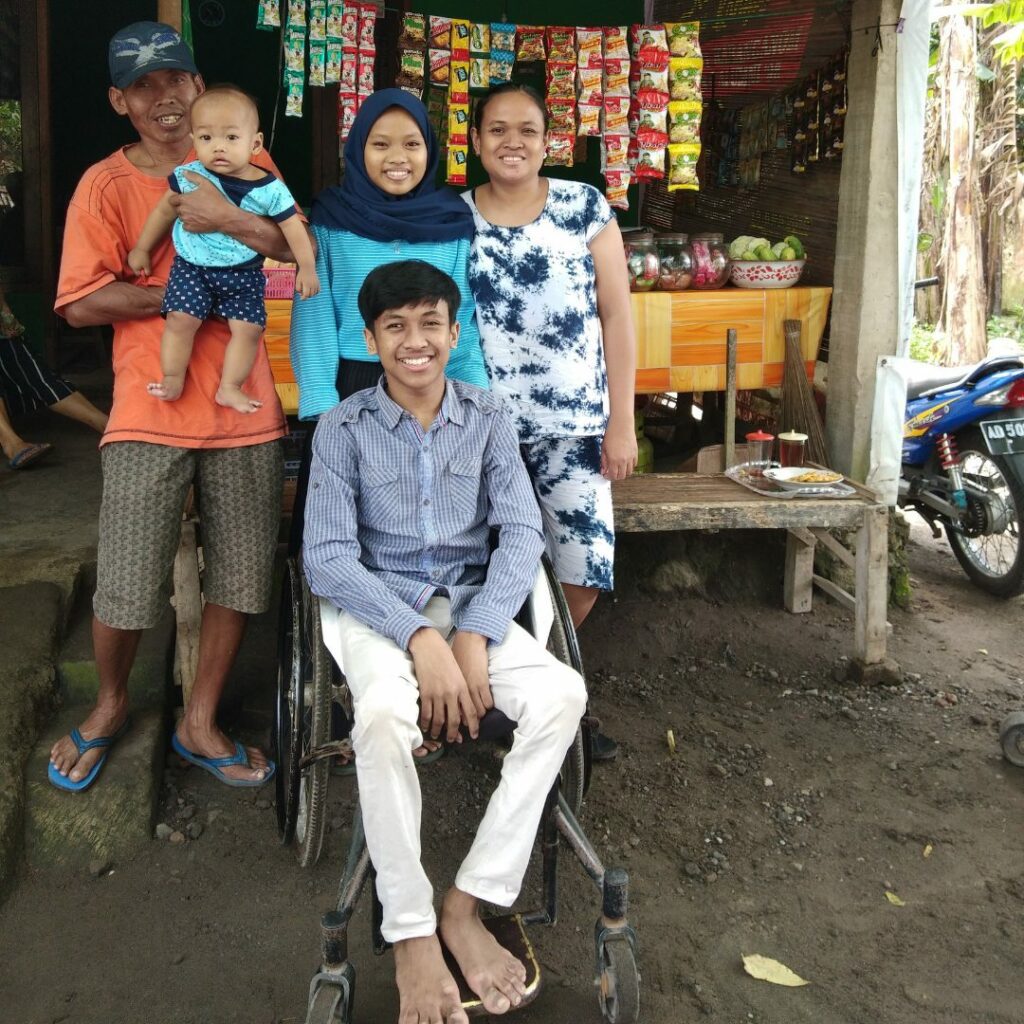
World Cerebral Palsy Day is a social movement and day that was launched in 2012 by the Cerebral Palsy Alliance in Australia and United Cerebral Palsy in the United States. Every year, on October 6th, the world comes together to spread awareness about cerebral palsy (CP), promote diversity and inclusion, and work toward an accessible future for all.
Globally, there are 17 million people with cerebral palsy (CP), a group of disorders that affect a person’s ability to move and maintain balance and posture. According to the Centers for Disease Control and Prevention, it is the most common childhood motor disability. While there is no cure for this lifelong disorder; rehabilitation, access to assistive technology, surgeries, other treatment, and medicines can help to improve function.
The symptoms of CP vary greatly and can range from mild to severe. In low-and middle-income countries (LMIC), population-based data indicates that the proportion of severe cases of CP is very high. Multiple intersecting factors contribute to the high proportion of severe cases in LMICs, including preventable risk factors, like birth asphyxia and neonatal infections as well as lack of access to rehabilitation inclusive of assistive technology, education, and other critical services.
Appropriate wheelchairs are essential for promoting inclusion and accessibility for all
The World Health Organizations estimates that worldwide, there are 93 million children under 14 that have a moderate to severe disability, including mobility impairments. Among these children, those with cerebral palsy have a significant demand for mobility devices and supportive seating. In LMICs, these types of assistive products, and assistive technology more broadly, are often not available and are typically not covered by health systems or health insurance. This forces individuals with cerebral palsy and families and caregivers of those affected by cerebral palsy to make difficult choices; live without essential assistive products, divert limited income from other basic needs to out-of-pocket payments for assistive products, or rely on sporadic or unregulated donations of oftentimes poor-quality assistive products.
ReLAB-HS is committed to strengthening and integrating rehabilitation, inclusive of assistive technology, in health systems particularly in LMICs. This is why we are glad to be working with our partner, Momentum Wheels for Humanity. Momentum was founded in 1996 to promote greater inclusion for people with disabilities globally, through mobility, therapy, advocacy, and empowerment. Momentum’s work increases access to mobility and improves the quality of life of children, teens, and adults with physical disabilities, like cerebral palsy, by developing both rehabilitation and dedicated assistive technology services in LMICs.
ReLAB-HS works to improve health, restore people’s independence and enhance quality of life through access to rehabilitation and assistive technology. For those living with cerebral palsy, an appropriate, well-designed wheelchairs and supportive seating systems that are fitted by a trained service provider enhance personal mobility and health and open a world of education, play, work, and involvement in family and community life for children and adults with cerebral palsy. Every individual’s unique physical, environmental, and lifestyle factors influence their mobility and therapeutic seating needs and postural support requirements. Appropriate wheelchairs and supportive seating paired with well-trained service providers can decrease risks associated with cerebral palsy and serve as a bridge toward social inclusion and participation.
Accelerating access to appropriate assistive technology
Through the work of ReLAB-HS, working in partnership with Momentum, we will continue to generate market and consumer demand for quality, affordable assistive products. This is key to accelerating access to appropriate assistive technology for people with cerebral palsy in LMICs. Market shaping strategies and direct technical assistance to governments can play a key role in creating sustainable markets for appropriate wheelchairs.
#MillionsOfReasons
Danar (pictured above) first received a wheelchair from Momentum when he was eight years old in Indonesia. Prior to receiving a fitted Liberty wheelchair, he was unable to participate in activities like playing with friends or attending school. Danar depended on his parents to carry him everywhere and spent most of his days at home in bed.
Because Danar has had consistent access to a wheelchair, he has been able to attend school and help around the house, enabling his mother to start a small shop out of their home. Now at 17, Danar attends high school and dreams of becoming a doctor someday.